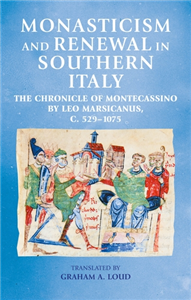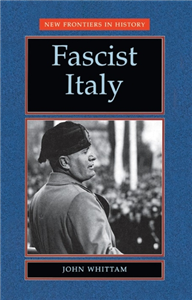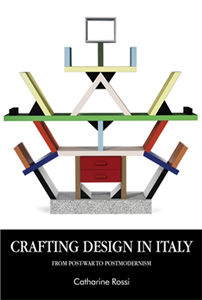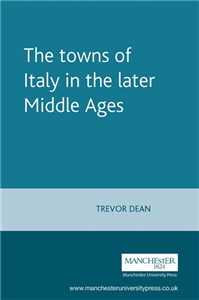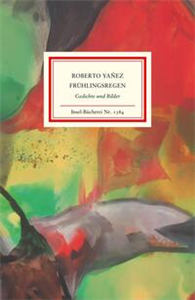Rome in 1860 - with the exciting age of the Risorgimento as an atmospheric backdropLuca Di Fulvio's new novel is a powerful emotional epic about solidarity, self-discovery, homeland, family, love, and life dreams. The story begins in 1860, with the plot set mainly in Rome during the last phase of the Italian unification movement, the Risorgimento. Luca Di Fulvio creates a highly emotional, mentally cinematic epic with strong, distinctive characters. An orphan boy who wants to use his camera to change the way people see the world. A circus girl with a burning interest in politics. A countess who gives the gift of freedom to others. Three people whom fate brings to Rome in 1870, the pulsating heart of Italy on its path to becoming a nation state. As their paths cross in the midst of this city of promise, their dreams seem to be interwoven with magical bands. But the dazzling city of Rome presents the three with unexpected challenges. One day, when a dramatic event shakes the Eternal City, they are threatened with losing everything they hold dear. A highly emotional epic about three unforgettable characters, and a visually stunning story about new beginnings, the power of love, and a great longing for security in a world where one person stands up for the other. Bursting with life, deeply moving, and full of hope - Luca Di Fulvio's stories are like journeys that you wish would never end
Three people and their dream of a better world The new novel by SPIEGEL bestselling author Luca Di Fulvio Set in Rome in 1860 against the atmospheric backdrop of the Italian unification movement








